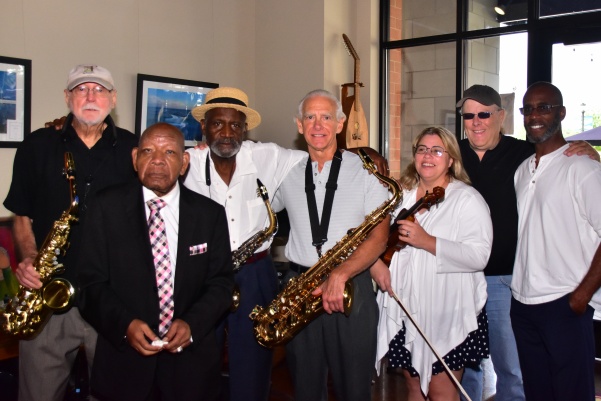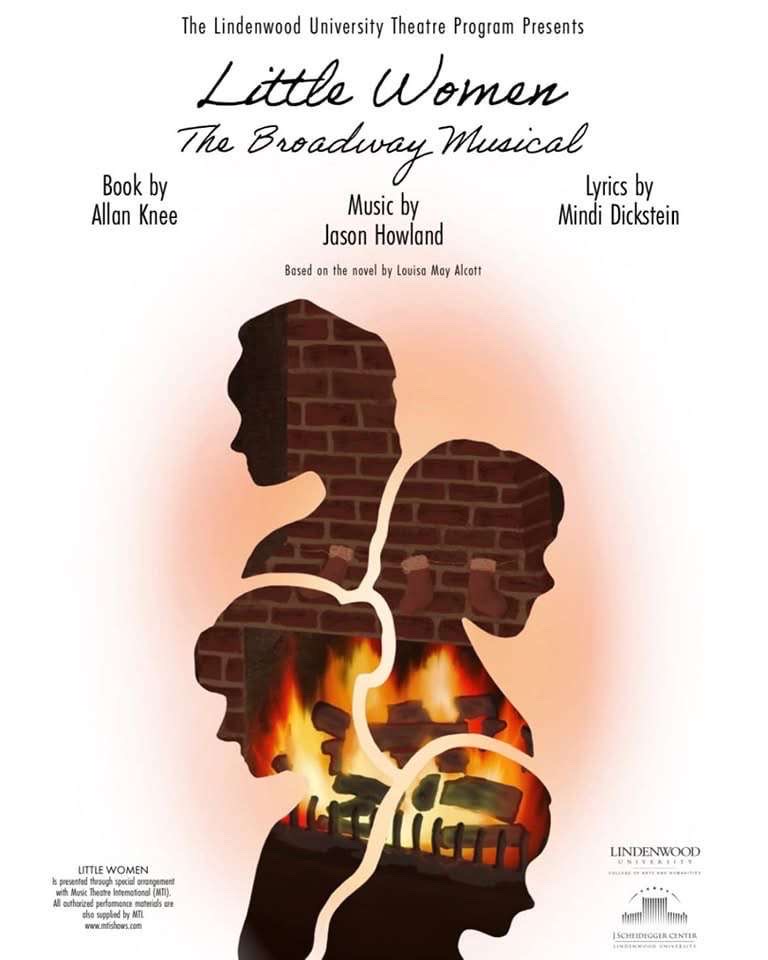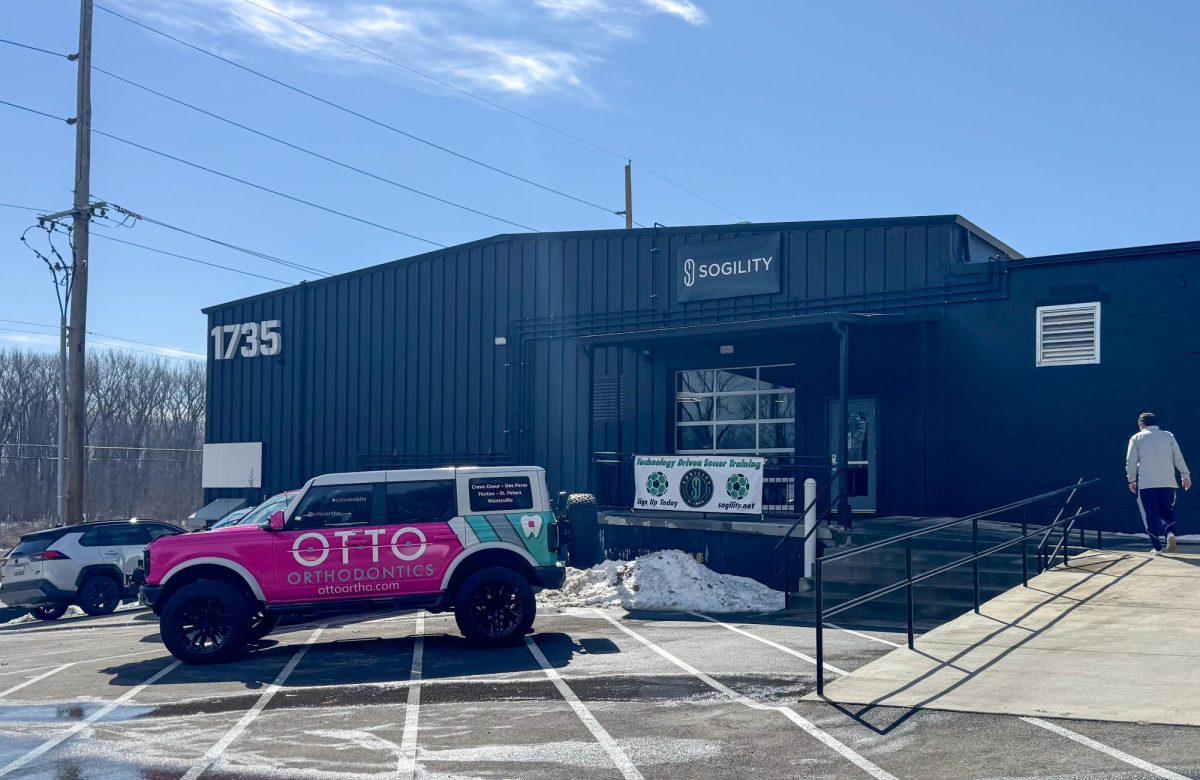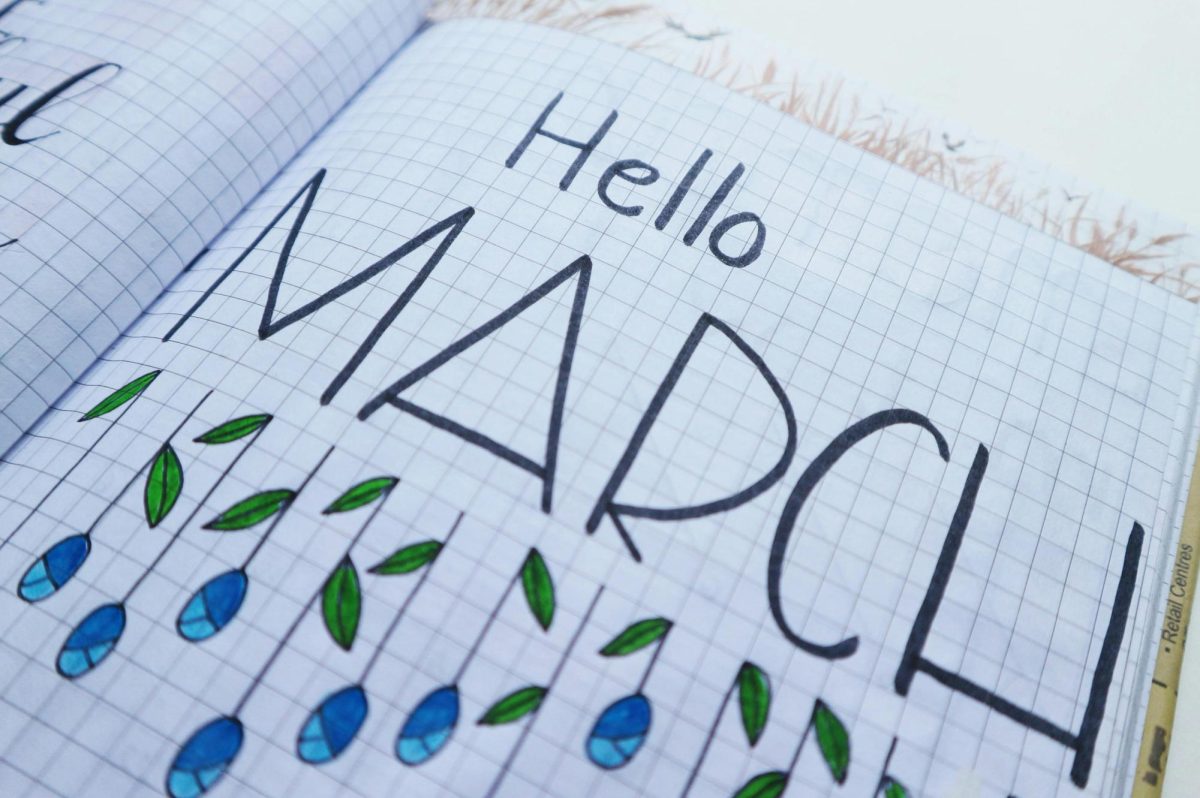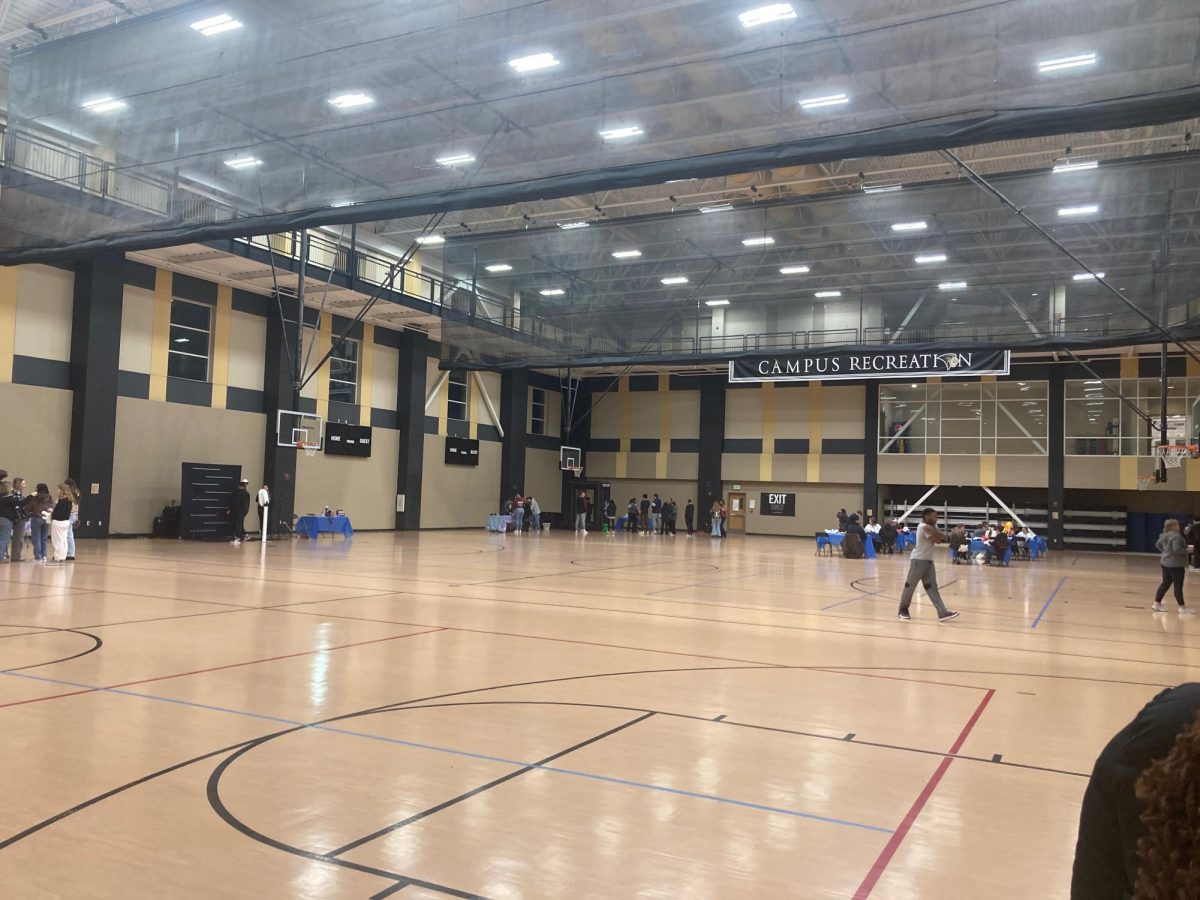Video by Kayla Drake
KAYLA DRAKE | A&E Editor
The sweet sounds of a saxophone coming from the pavilion on the historic side of campus belong to Lee Trapp, who has been scheduling regular jam sessions on campus for six years.
Trapp, 80, also plays at Picasso’s on Main and Beale streets and in Frontier Park’s pavilion, but he said that Lindenwood’s pavilion has the best sound.
“If you play on the street, it just dissipates,” Trapp said. “If you want to really hear yourself play, have the sound bounce off the wall and come back to you.”
Trapp found Lindenwood’s pavilion in 2012, after he started looking for a new place to play. As a St. Charles native, Trapp said he naturally thought to try Lindenwood’s campus, and the good acoustics in the pavilion keep him coming back.
Trapp has a 32-year history with music. He started playing the guitar at 11, and eventually went through seven music teachers for guitar, drums, clarinet, piano and saxophone.
But he took a 37-year hiatus from music to focus on family and his career in graphic arts and printmaking in St. Louis. After he started playing again, he said he has no desire to take lessons.
“When you put notes in front of your face, you’re playing what somebody else has put there,” he said. “I wanted to play what I wanted to play.”
With his wife’s permission, Trapp picked up the alto saxophone again in 2001, and ever since his retirement in 2004, he has been playing two hours a day and even installed a studio in his St. Charles home. He said he has never lost his passion for jazz, as a musician or listener, because it is creative.
“When I create, it’s euphoria, and I could go on for hours, if I had the stamina,” he said chuckling. “I can sit at home and play for an hour and a half and not even know it. It’s been like that for a long time.”

Photo by Alfred Nadolny
Trapp now uses YouTube, a speaker and an iPad full of 1,500 songs, with everything from Adele to Bach, as his teacher.
Assistant Director of Public Safety and Security Wade O’Heron approved Trapp’s request to play on campus.
O’Heron, an amateur musician himself, was inspired by Trapp, who told him “it’s never too late to learn.”
“I think him coming on campus and sharing his gift … that in itself enriches our lives,” he said. “We oftentimes pay to go see a concert; when you go see Lee, it’s free.”
Trapp said he prefers improvising like music legends Eric Clapton, Elton John, Jimi Hendrix, David Bowie, Prince and Louis Armstrong.
“The difference between [improvising and] writing music on a piece of paper is there’s no eraser on the end of the pencil when you play it,” he said. “Improvising is you just make it up on the spot, and that’s what I do.”
Listening to professionals like saxophonist Paul Desmond, Trapp became enraptured with jazz.
“When I heard those guys playing, I thought, ‘Man that’s what I want to do,’” Trapp said.
Trapp said he started out performing with his band The Jay Hops in the 1950s. The band played swing, jazz and rock ‘n’ roll at local bars, dance halls and wedding receptions in South City, where it was easy to find jobs.
But Trapp’s biggest influence was going to listen to shows. His friend’s father had half-ownership of the Casa Loma Ballroom on Cherokee Street. There he was able to see Nat King Cole and other musicians he admired.
“I got in for nothing, and I saw all the old bands that were good music,” Trapp said. “Bill Haley and the Comets came, great rock ‘n’ roll bands.”
For over five years Trapp has been sitting-in with the band Peaches Jazz Message, led by Jimmy “Peaches” Holloway.
Holloway said he met Trapp one day as he was passing Picasso’s. He was playing and invited Trapp in to play with him.
“I didn’t even know if he could play,” he said. “That wasn’t important; the point is that, whether he was good or not, I just wanted to give him the opportunity.”
[perfectpullquote align=”left” cite=”Wade O’Heron” link=”” color=”” class=”” size=”26″]I think [Lee Trapp] coming on campus and sharing his gift… that in itself enriches our lives.[/perfectpullquote]
Trapp goes by Brother Lee when he sits in with the band.
Trapp also has found a passion for donating money to the Jazz Bistro of St. Louis and gives his share of tips back to Peaches’ band, which he plays with once a month.
“[Peaches] says ‘What do you do that for?’ I said ‘Well I’m paying you for the lessons you’re giving me,’ Trapp said. “He says ‘I’m not giving you any lessons; my god, you play better than I do.’”
Trapp, who is Caucasian, said playing with African-Americans in the band has opened opportunities for him to form new relationships.
“We have these segregated areas, and music brings it all together,” Trapp said.
Holloway said Trapp is accepted in the group, and that the mixed group has formed a brotherhood.
“Whether you’re black, white, whatever, music is good to play with anyone,” he said.
Since Trapp started playing again, he said he has picked up meditation and reads brain-training books to help himself focus on music.
“The time to practice is when all of that baggage is out of your mind,” Trapp said. “It’s a good time to practice when you are too tired to practice. … It can get into your subconscious a lot faster.”
Trapp said learning an instrument helps memory, can prevent or slow Alzheimer’s and boosts confidence.
“Everybody is a musician,” he said. “You know those 12 notes. You like music, you can sing. You may not be in a choir, but I bet a dollar to a donut you are singing somewhere and know those notes.”
Vice President of Operations Diane Moore said Trapp’s presence could be a wonderful opportunity for students, faculty and staff to learn.
“With Lee coming onto campus, wanting to share his music with this generation, he’s already expressed an interest in sharing his talents and abilities,” she said.
Trapp said he has two goals with music now.
“Bringing more children into good music to enjoy it, not think of it as only a moneymaker, and the other goal is to people who retire: If they ever loved music or wanted to play, go out and play an instrument,” he said.



